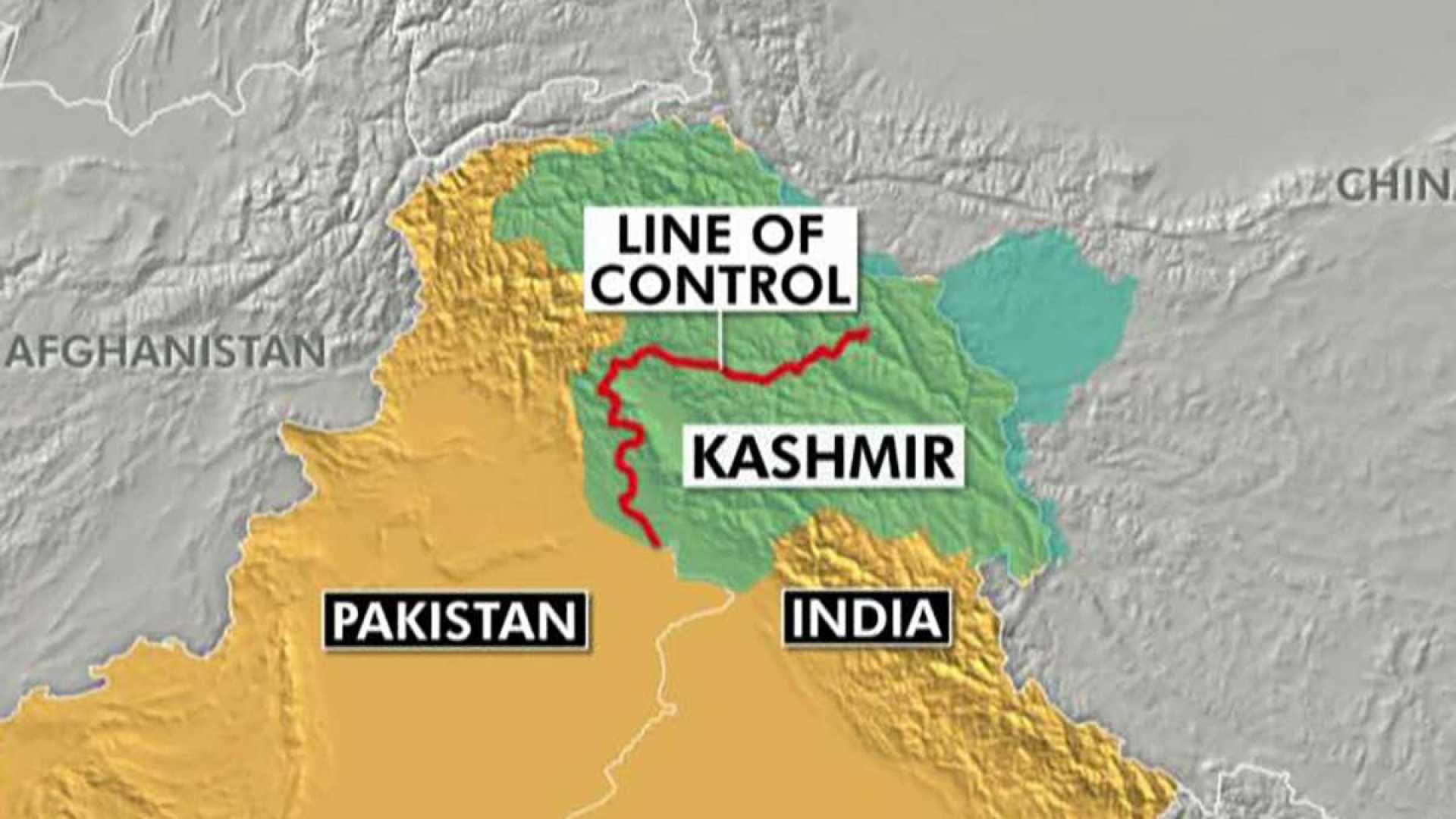World
US Urges Restraint Amid Rising Tensions Between India and Pakistan

Srinagar, Jammu and Kashmir — The United States is increasing pressure on both India and Pakistan to prevent escalation in Kashmir following a terrorist attack that killed 26 people, mostly tourists, in Pahalgam on April 22.
U.S. Vice President JD Vance stated on Thursday that Washington hopes Pakistan will help locate the militants responsible for the attack, believed to be based in Pakistan-controlled territory. Vance called on India, which has accused Pakistan of involvement, to act with restraint to avoid a larger conflict between the nuclear-armed nations.
“Our hope is that India responds to this terrorist attack in a way that doesn’t lead to a broader regional conflict,” Vance told Fox News. He emphasized that cooperation from Pakistan is necessary to address the threat posed by militants operating from its territory.
Vance’s comments reflect a similar message from U.S. Secretary of State Marco Rubio, who engaged with officials from both countries earlier in the week, urging them to work collaboratively to reduce tensions.
The exchange of fire along the de facto border, known as the Line of Control, further heightened fears of conflict. An unnamed Indian army official reported that Pakistani soldiers fired on an Indian position late Thursday, prompting retaliatory fire without reported casualties.
In response to the attack in Pahalgam, India closed its airspace to commercial flights from Pakistan, mirroring Pakistan’s earlier ban on Indian flights. Both countries have demonstrated military readiness, with India conducting missile tests and Pakistan downing an Indian drone it called a surveillance craft.
Kashmir, a long-disputed region controlled partially by both nations, has been the center of numerous hostilities since the partition of British India nearly 80 years ago. The recent assault marks one of the deadliest attacks on civilians in years, igniting outrage across India and triggering retaliatory measures from both governments.
Political leaders, including Indian Prime Minister Narendra Modi, have discussed the need for a decisive response against terrorism, reflecting heightened pressures domestically for action against perceived threats.
This week, both countries issued stern statements reflecting their positions, with Pakistan denying any connection to the attack and condemning India’s measures as acts of aggression. As tensions persist, concerned voices from around the globe, including the United Nations, have called for restraint and a peaceful resolution.












